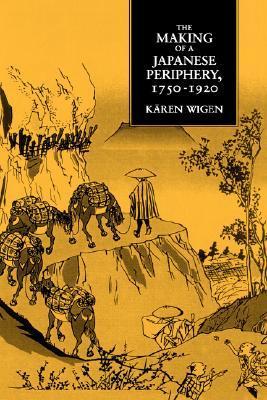


Books in series

Labor and Imperial Democracy in Prewar Japan (Twentieth Century Japan
1991

Complicit Fictions
The Subject in the Modern Japanese Prose Narrative (Twentieth Century Japan: The Emergence of a World Power)
1993

The Making of a Japanese Periphery, 1750-1920 (Twentieth-Century Japan
the Emergence of a World Power)
1995

The Abacus and the Sword
The Japanese Penetration of Korea, 1895-1910
1995

Authenticating Culture in Imperial Japan
Kuki Shuzo and the Rise of National Aesthetics
1996

Splendid Monarchy
Power and Pageantry in Modern Japan
1996

Marketing the Menacing Fetus in Japan
1997

Japan's Total Empire
Manchuria and the Culture of Wartime Imperialism
1997

Mirror of Modernity
Invented Traditions of Modern Japan (Twentieth Century Japan: The Emergence of a World Power)
1998

Hiroshima Traces
Time, Space, and the Dialectics of Memory
1999

Reconfiguring Modernity
Concepts of Nature in Japanese Political Ideology
2001

Perfectly Japanese
Making Families in an Era of Upheaval
2002

The Social Sciences in Modern Japan
The Marxian and Modernist Traditions
2004

Lever of Empire
The International Gold Standard and the Crisis of Liberalism in Prewar Japan
2006

Ordinary Economies in Japan
A Historical Perspective, 1750-1950
2009

Rediscovering America
Japanese Perspectives on the American Century
2011